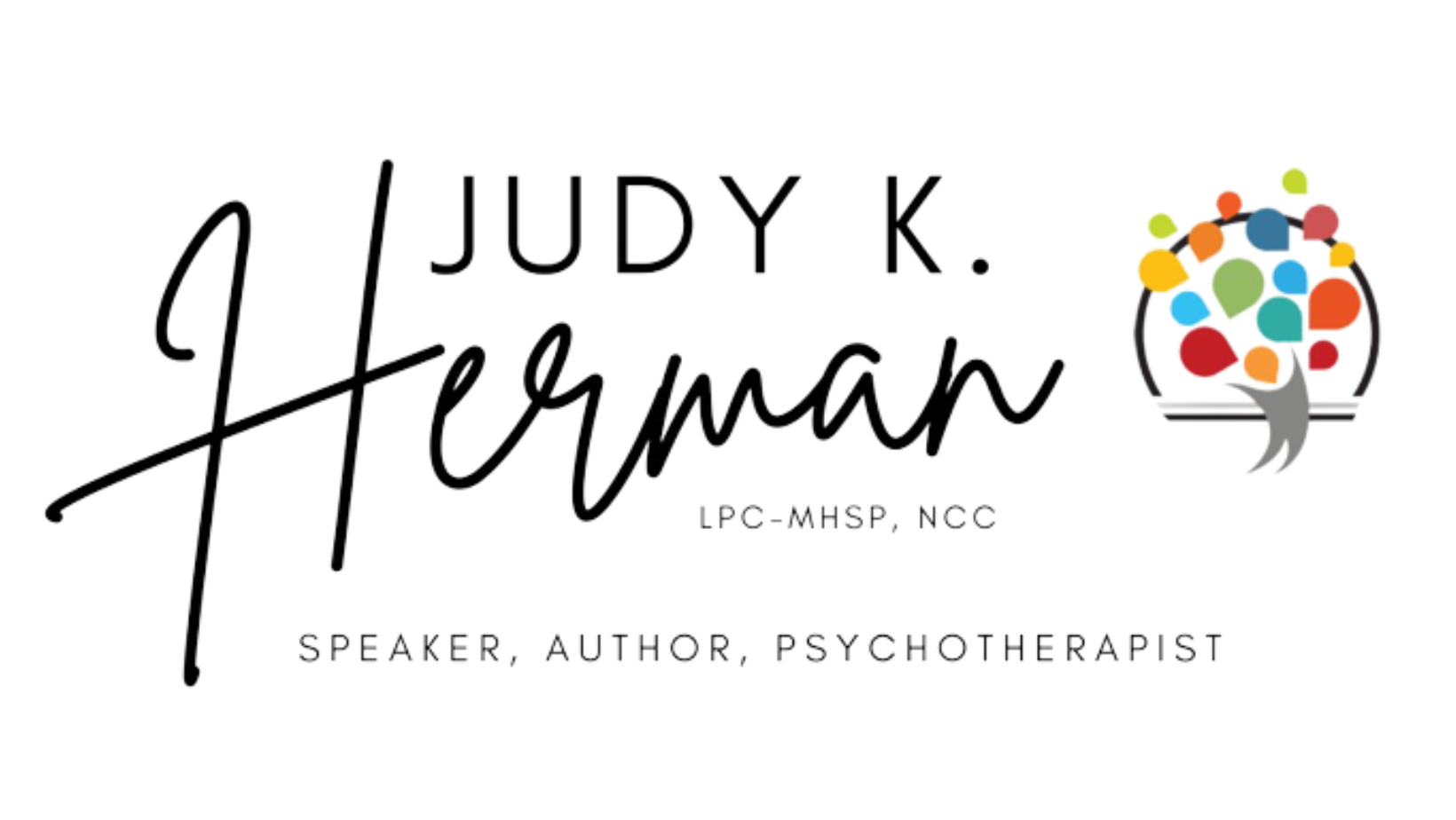Who Doesn’t Want to be Liked?
A generous cartoonist, Joe McKeever, drew my picture recently! I attended the Southern Christian Writer’s Conference in which he was a workshop presenter. He graciously offered to draw the image of each of the 200 participants! I gladly sat before him with a smile. In less than five minutes this gifted man connected with me while he drew.
I loved how he made me look younger and thinner than I really am. He focused on positive features. I felt honored by his drawing.
Although I posed and smiled, this experience made me curious about how others see the outline of my life. I became aware of what I see in the outline of others’ lives. What is it that I look for as I encounter others?
We all have levels of connections from brief acquaintances to intimate relationships. What we look for in others and how we present ourselves creates atmospheres of acceptance or rejection and anything in between. Who doesn’t want to be liked? Here are three things to be conscious of with new connections as well as deep relationships.
Smiles are inviting.
Some of us smile naturally. Others don’t. Those who don’t may have been born that way. Some toddlers have serious looks on their faces while others smile with their entire bodies. For adults, let’s assume that smiling naturally is easier for some than others. Michael Hyatt’s recent podcast addressed the importance of intentionally smiling and how vital it is for all of us, especially those in leadership.
Be genuinely interested in others.
Recognize that each of us long to be heard and understood. Making eye contact with another person is a tremendous gift of attention. We can be so busy to go through the check out at the grocery store that we don’t notice the personhood of the one behind the counter. Many who serve us wear name badges. Looking them in the eye and saying, “Thank you, (say their name)” can make a huge difference in their lives. If I come across someone whose name seems complicated, I’ll even ask how they pronounce it. I’ll say it back to them with a thank you. It’s a way to honor them.
Look for positive qualities in others.
Most of us know what it’s like to purchase a new or used vehicle. Our focus on what we buy brings our attention to the same vehicles on the road we didn’t notice before. We find what we look for. In the same way, if we have critical attitudes toward ourselves, we’ll be critical of others. If we are intentional to look for positive qualities in ourselves, we’ll look for positives in others.
I’m blessed to be on the receiving end of Joe’s attention and positive outlook in his cartoon drawing of me. May each of us be intentional about the outline of our lives; how others see us and how we see them.
Questions to ponder:
What positive traits are you drawn to in others?
How are you seen by acquaintances? by friends? by family?
How has this article been helpful to you?




